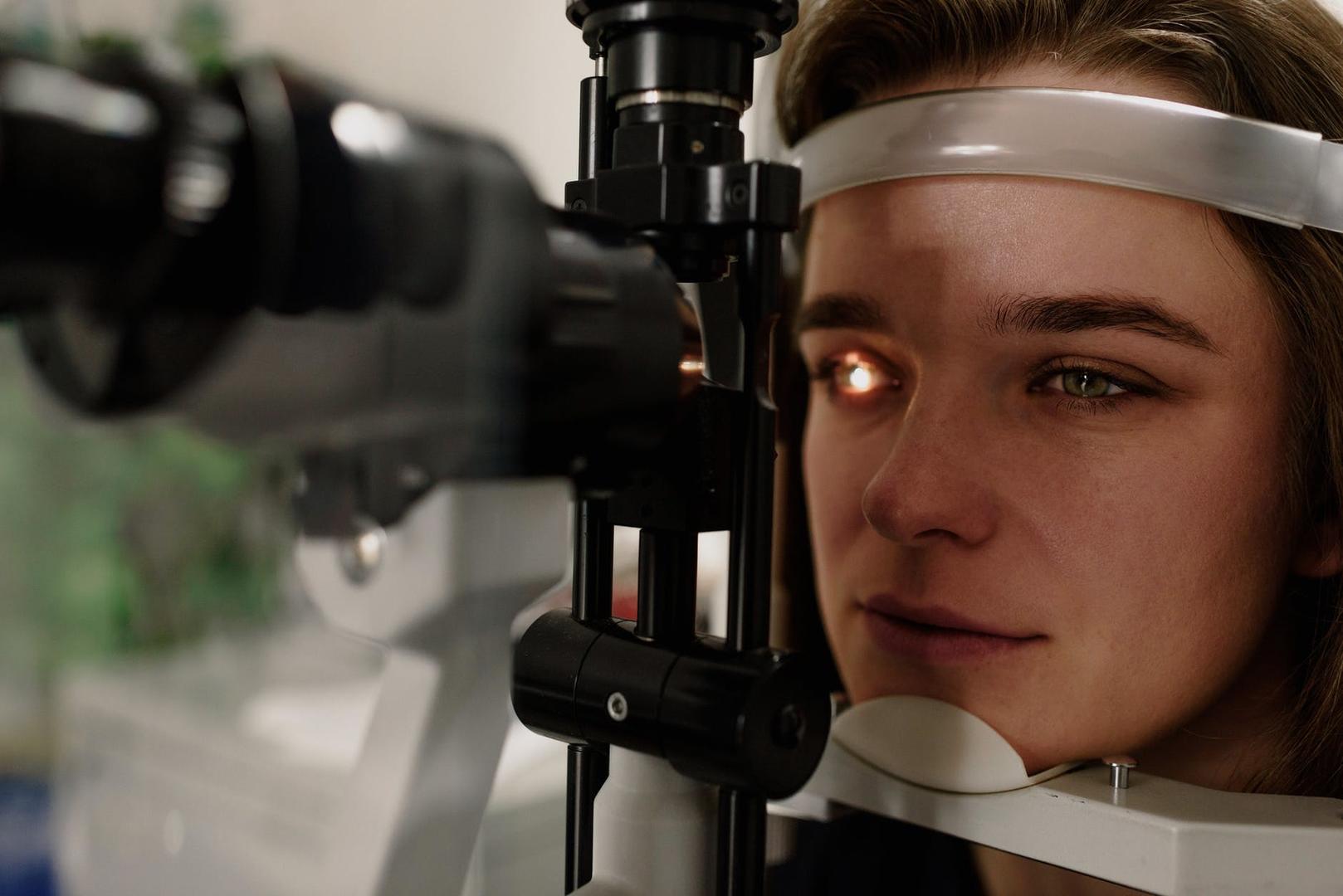
Eye test in progress / Ksenia Chernaya via Pexels
Most of us might not know the word "presbyopia", but most of us will suffer from it at some point. As we get older, our eyes lose elasticity of the lens, which makes focussing on near objects more difficult.
The solution to this problem for most us is to get reading glasses. But many of us who are too vain to admit that we need reading glasses, we hold our phones at arms length and squint when we think no one is watching.
Or you could use eye drops.
This story is kind of like how sildenafil citrate — a drug to treat specific heart conditions — was discovered to have a side effect of enhancing erections. Viagra created an entirely new market as a result.
In the case of the eye drops, the drug is pilocarpine hydrochloride, which has been used by eye doctors to lower pressure inside the eye and constrict the pupils following dilation. A side effect of constricting the pupils is to affect depth of field (which is a concept professional photographers use all the time). In other words, it can make it possible to focus on closer objects.
The US Food and Drug Administration has approved the first eyedrops based on pilocarpine hydrochloride specifically for treating presbyopia. The trade name is "Vuity".
It's not cheap; it retails at between $86 - $102 in the US for a half teaspoon (2½ ml). At one drop in each eye one a day, that's about a month's supply working out to around R50 per day.
Does this mean that you can ditch your reading glasses? I expect this will be the case for many people.
But here's an anecdotal tale which is not medical advice. In 2004, my optometrist advised me to take flax seed oil regularly as this would help my eyes retain elasticity.
I've taken 1000mg of flax seed oil every day since.
